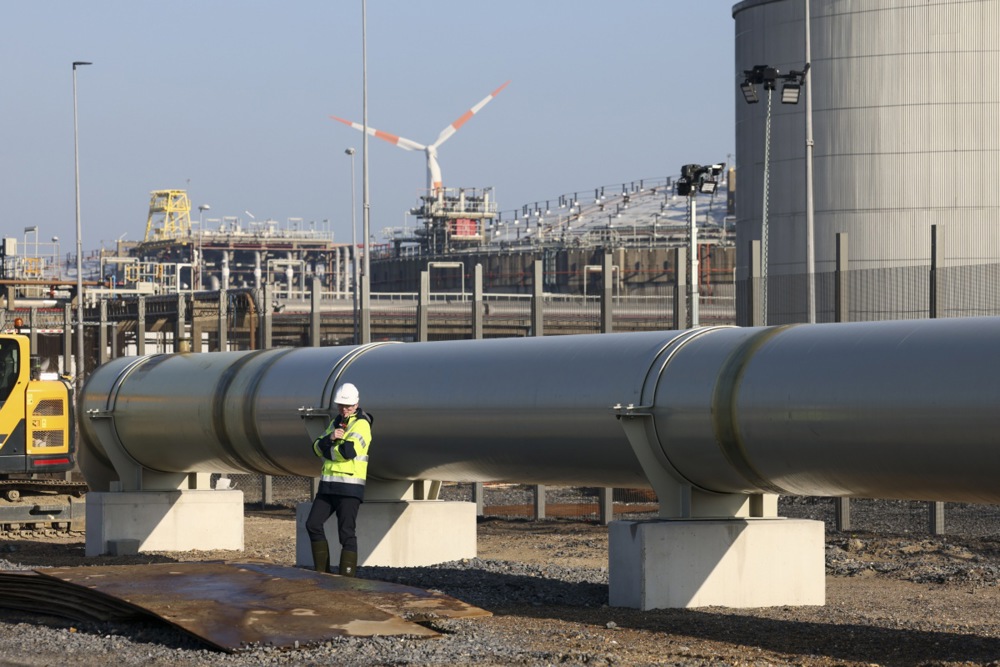Belgium, home to Euroclear — an international central securities depository that holds most of the frozen Russian assets — is demanding firm guarantees before allowing that money to be used.
The European Commission has sent experts to Brussels to help resolve the stand-off and reassure the Belgian Government.
The EC has stepped up its efforts to ease Belgian concerns over its plan to use frozen Russian assets to fund a loan for Ukraine. Experts from the body are meeting Prime Minister Bart De Wever’s team today, Belgian news agency Belga reported this morning.
During an October 23 summit, De Wever opposed EC President Ursula von der Leyen’s proposal to mobilise Russian central-bank assets held by Euroclear in Brussels. He argued that Belgium lacked guarantees against financial and legal risks if the assets were released.
The EC countered that the risks were overstated and the plan did not amount to confiscation.
The European Union may need a temporary financing plan for Ukraine in early 2026 if the loan backed by frozen Russian assets remains delayed, Economic Commissioner Valdis Dombrovskis said on November 4.
Belgium, which holds the bulk of the frozen Russian funds, estimated at around €200 billion in assets immobilised through Euroclear, fears damage to the company’s reputation if the EU cannot guarantee repayment to Moscow should sanctions be lifted.
The European Central Bank (ECB) shares these concerns, warning that any misstep could weaken confidence in the euro’s reliability as a reserve currency.
Belgium also wants other EU countries to use Russian assets in their own jurisdictions to share the risks.
France, Luxembourg and Cyprus are believed to hold smaller portions of Russian sovereign assets across private banks.
Brussels worries that a Kremlin lawsuit could force Belgian taxpayers to pay compensation if courts ruled against the EU, since Euroclear, as a private clearing house, lacks the balance sheet to absorb such losses.
The memory of the 2008 financial crisis, when Belgian banks including Fortis collapsed under shared European liabilities, still fuels the government’s caution.
Several EU capitals and the ECB argue that touching sovereign assets could erode trust in euro-denominated securities and drive investors away. Yet the possibility of unlocking about €200 billion in Russian funds remains politically and financially tempting for many member states.
Because international law protects sovereign property, direct seizure would be legally risky. The EC’s compromise — using the assets as collateral for a Ukraine loan rather than confiscating them — has gained ground as a pragmatic solution but still requires unanimous approval from EU members
The goal of today’s talks is to calm Belgium’s concerns enough for a formal proposal by late December. With Germany, France and others backing the plan, pressure is mounting on Brussels to approve it at the December summit.
Belgian news outlet Belga has linked the Euroclear dispute to recent drone overflights near Belgian military and strategic sites.
While no Russian involvement has been confirmed, Belga noted that “until recently, Belgium was not considered a target for Russian hybrid threats but tensions have escalated amid discussions about the use of frozen Russian assets”.





